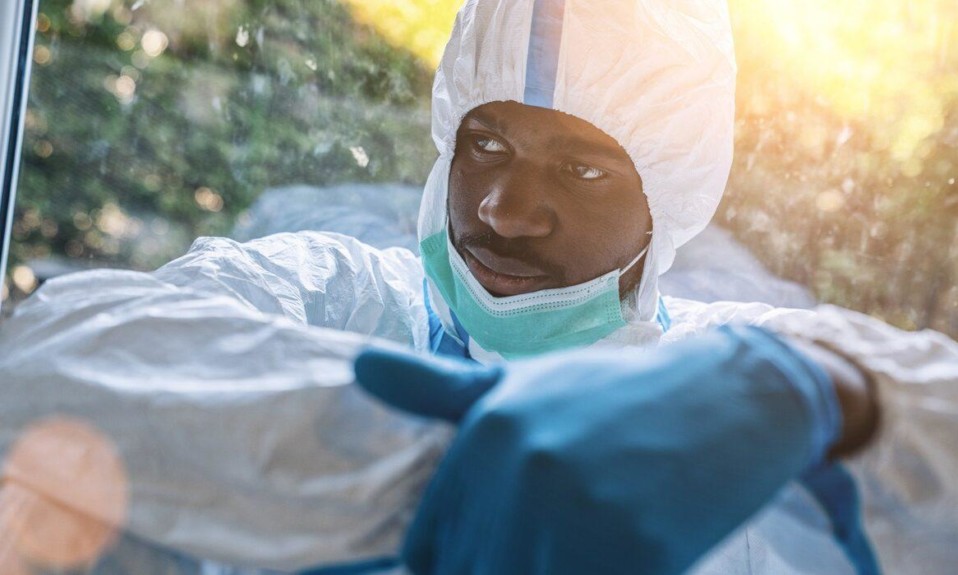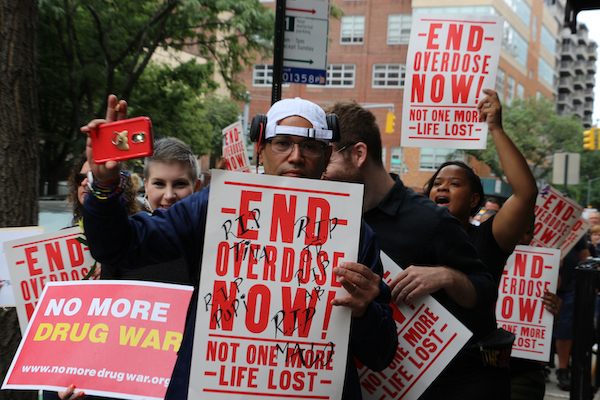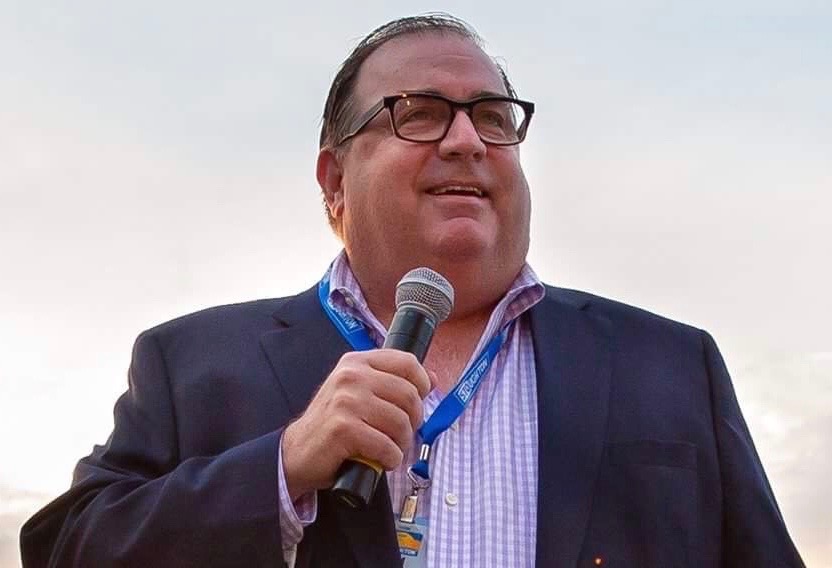A weekly roundup on the latest research and news in addiction, treatment, medicine, and science
By William Wagner
December 15, 2020Over the past several months, study upon study has highlighted the toll the COVID-19 pandemic has taken on people with substance use disorder (SUD). Add another piece of research to the list. An article published this month in JAMA Psychiatry explores the surge in overdose-related cardiac episodes.
The reasons for the spike, the authors write, could include ‘an increased proportion of individuals using substances alone, increased toxification of the drug supply, and reduced access to treatment.’”—UCLA and Northeastern University research, JAMA Psychiatry
Other topics we highlight are the continuing potential of the psychedelic drug ibogaine as medication-assisted treatment (MAT) for addiction, opioid abuse among breast cancer patients who have undergone mastectomy and reconstructive surgery, and a new policy in the Canadian province of Alberta that makes residential addiction treatment free.
From JAMA Psychiatry:
More Collateral Damage from the Pandemic
Healthcare professionals have been nimble in adjusting addiction treatment practices during the COVID-19 pandemic. But, according to a study by researchers from UCLA and Northeastern University, they’ve had difficulty flattening the overdose curve. A newly published article in JAMA Psychiatry identifies a “national surge in overdose-related cardiac arrest during the initial months of the COVID-19 epidemic in the U.S.” The reasons for the spike, the authors write, could include “an increased proportion of individuals using substances alone, increased toxification of the drug supply, and reduced access to treatment.” To arrive at their conclusions, researchers mined data from the National EMS Information System, a registry of over 10,000 EMS organizations across 47 states. With the United States now in the darkest days of the pandemic, the study is particularly relevant.
From Nature:
What’s to Be Gained from Ibogaine?
The answer to that question, at least as researchers from the University of California, Davis see it, is: maybe a lot. Ibogaine, a drug derived from a hallucinogenic shrub in West Africa, has long been considered a possible antidote to addiction and mood disorders. The problem has been its volatility—in other words, the difficulty of making it safe enough to administer to patients. The UC Davis researchers believe they’ve cracked that nut. They engineered a “water-soluble, non-hallucinogenic, non-toxic analog of ibogaine” that “has the potential to treat addiction to various substances, including opiates, alcohol, and psychostimulants.” Their work, which appeared last week in Nature, is the latest in a line of research related to ibogaine. The neuro-pharmaceutical company MindMed, for example, is deep into exploring the efficacy of ibogaine as an MAT. Earlier this year, TreatmentMagazine.com interviewed MindMed’s founders about the company’s progress and ambitions in this realm.
From the American Association for Cancer Research:
Breast Cancer and Opioid Addiction
A study supported by the American Association for Cancer Research indicates that women who undergo mastectomy and reconstructive surgery because of breast cancer are vulnerable to abuse of opioids and sedative-hypnotic drugs. At the 2020 San Antonio Breast Cancer Symposium last week, the study’s lead author, Jacob Cogan, M.D., from the Presbyterian/Columbia University Irving Medical Center in New York, said, “Many patients receive this initial exposure [to opioids] around the time of surgery, and patients with cancer are at particularly high risk of becoming dependent on opioids post-operatively.”
From Todayville:
Free Addiction Care in Alberta, Canada
Keep an eye on what’s happening in Alberta, Canada. The province has done away with all fees for people seeking publicly funded residential addiction treatment—a decisive move, to be sure. As Jason Luan, associate minister of mental health and addictions in Alberta, said in Todayville, “We are giving all Abertans—regardless of their financial situation—the opportunity to recover and build a better life. Recovery is for everyone.” The belief within the provincial government is that the policy will lead to better addiction outcomes. And that, quite simply, is the name of the game.














